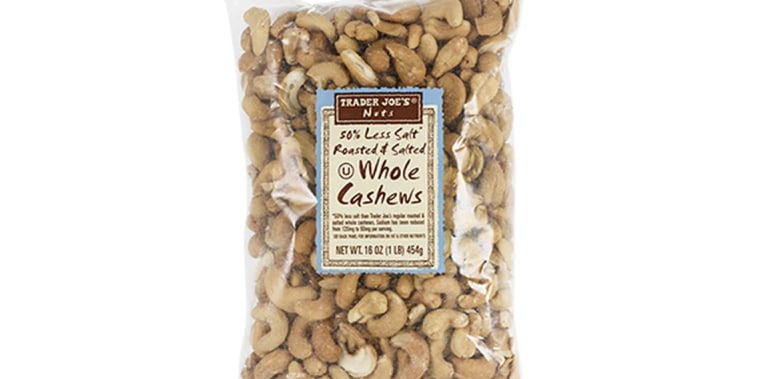The recently announced recall of Trader Joe’s branded cashews due to potential salmonella contamination has raised concerns among consumers in 16 states. The affected products were sold at Trader Joe’s stores, and customers are advised to check the packaging for specific lot codes to determine if their purchase is part of the recall.
The recall was initiated by the company after routine testing detected the presence of salmonella in a sample of the cashews. Salmonella is a bacteria that can cause serious illness in humans, with symptoms including diarrhea, fever, and abdominal cramps. In severe cases, salmonella infection can lead to hospitalization and even death, making it crucial for consumers to be aware of the risks associated with contaminated products.
Trader Joe’s has taken swift action to remove the affected cashews from store shelves and is working closely with the FDA to investigate the source of the contamination. In the meantime, customers who have purchased the recalled products are urged to return them to the store for a full refund.
Food recalls are not uncommon in the grocery industry, as companies prioritize consumer safety and take proactive measures to address potential health risks. It is essential for consumers to stay informed about recalls and act promptly if they believe they have purchased a contaminated product.
In light of this recall, it is a reminder for consumers to always practice food safety measures, such as thoroughly washing fruits and vegetables, cooking meat to the appropriate temperature, and checking for recalls on products they have purchased. By staying vigilant and informed, consumers can minimize the risk of foodborne illnesses and ensure the safety of themselves and their families.
As investigations into the Trader Joe’s cashew recall continue, the company remains committed to transparency and ensuring the quality and safety of its products. Consumers are encouraged to stay updated on any developments regarding the recall and to reach out to Trader Joe’s customer service with any questions or concerns.
In conclusion, food recalls serve as a necessary precaution to protect consumers from potential health hazards. By working together with manufacturers and regulatory agencies, we can uphold food safety standards and promote public health. It is essential for consumers to remain vigilant, stay informed about recalls, and take appropriate action to safeguard their well-being.



























